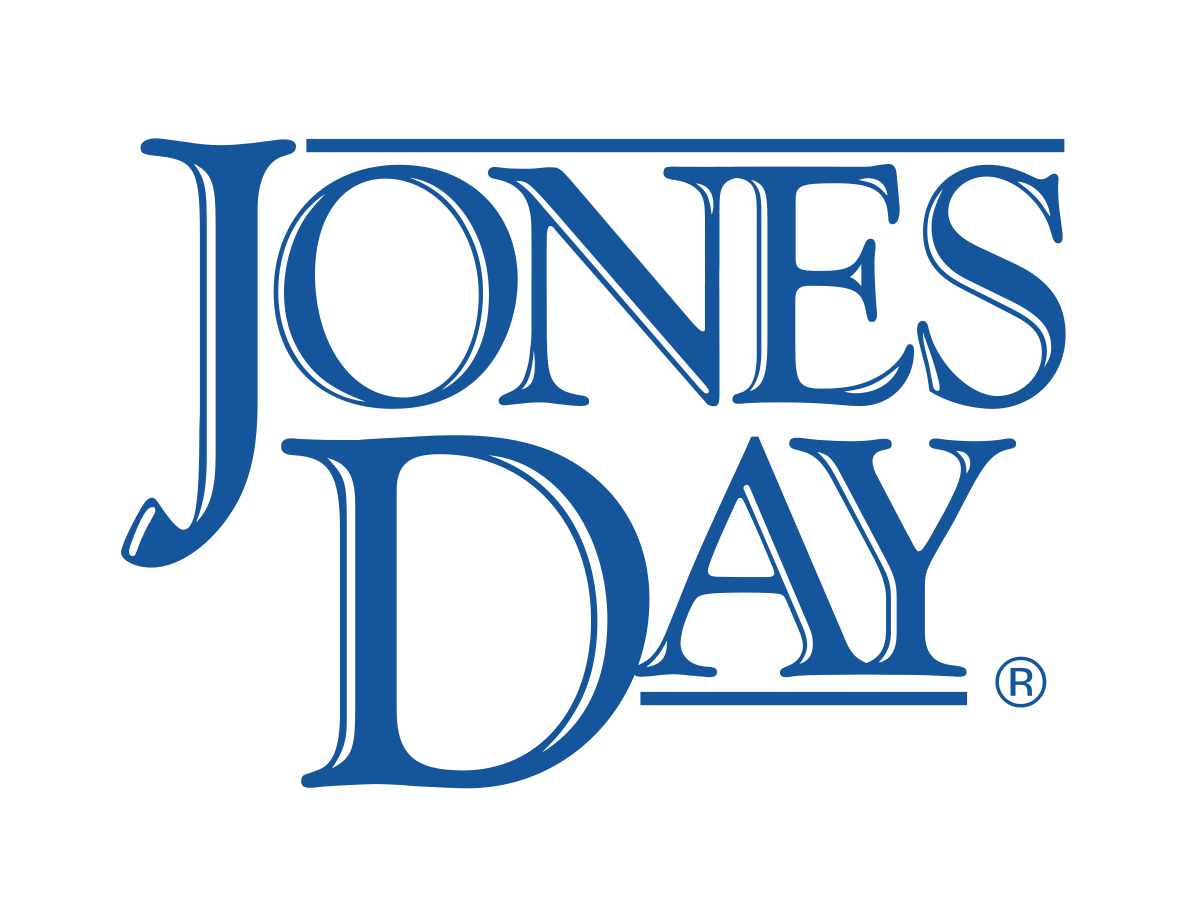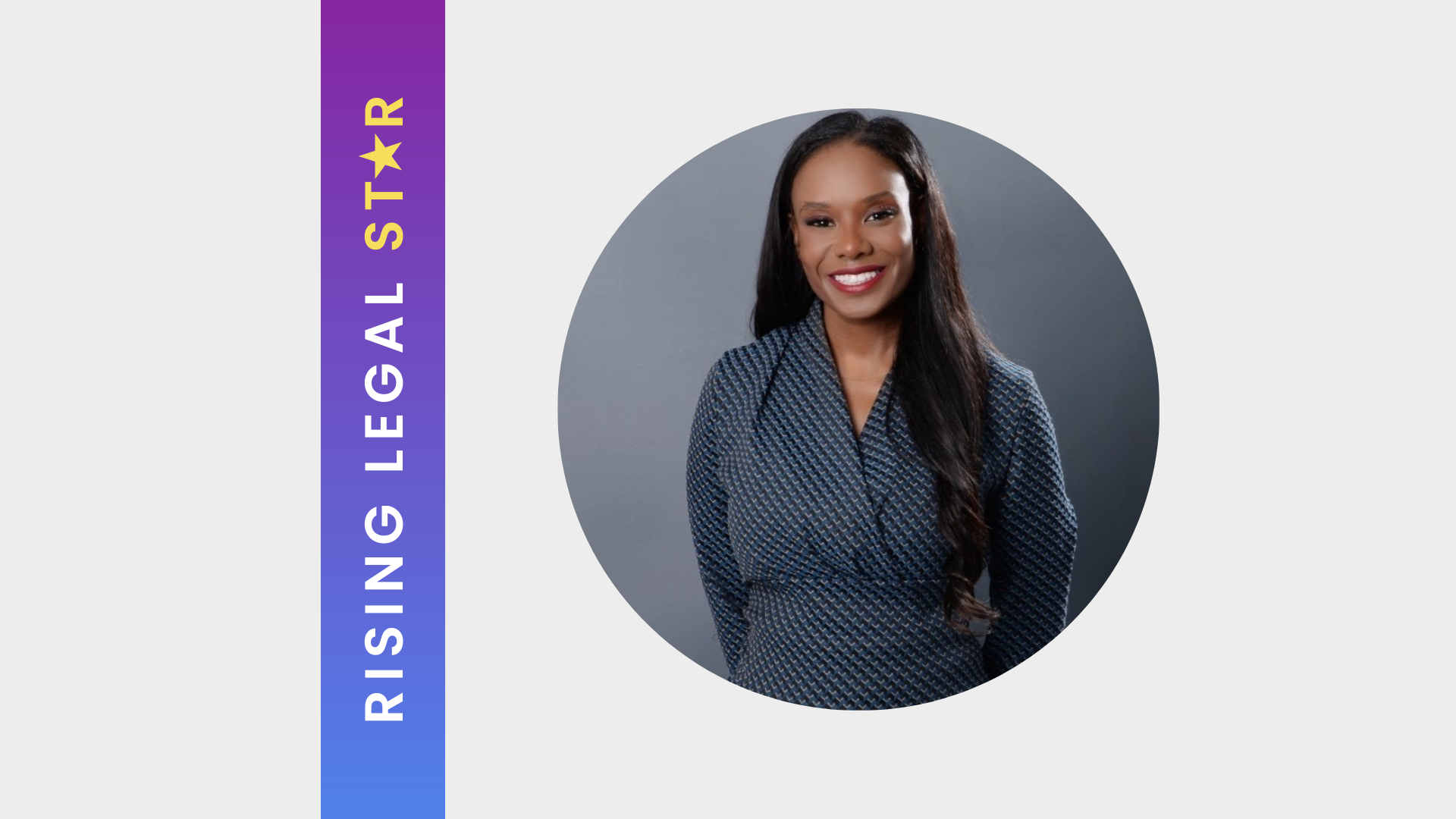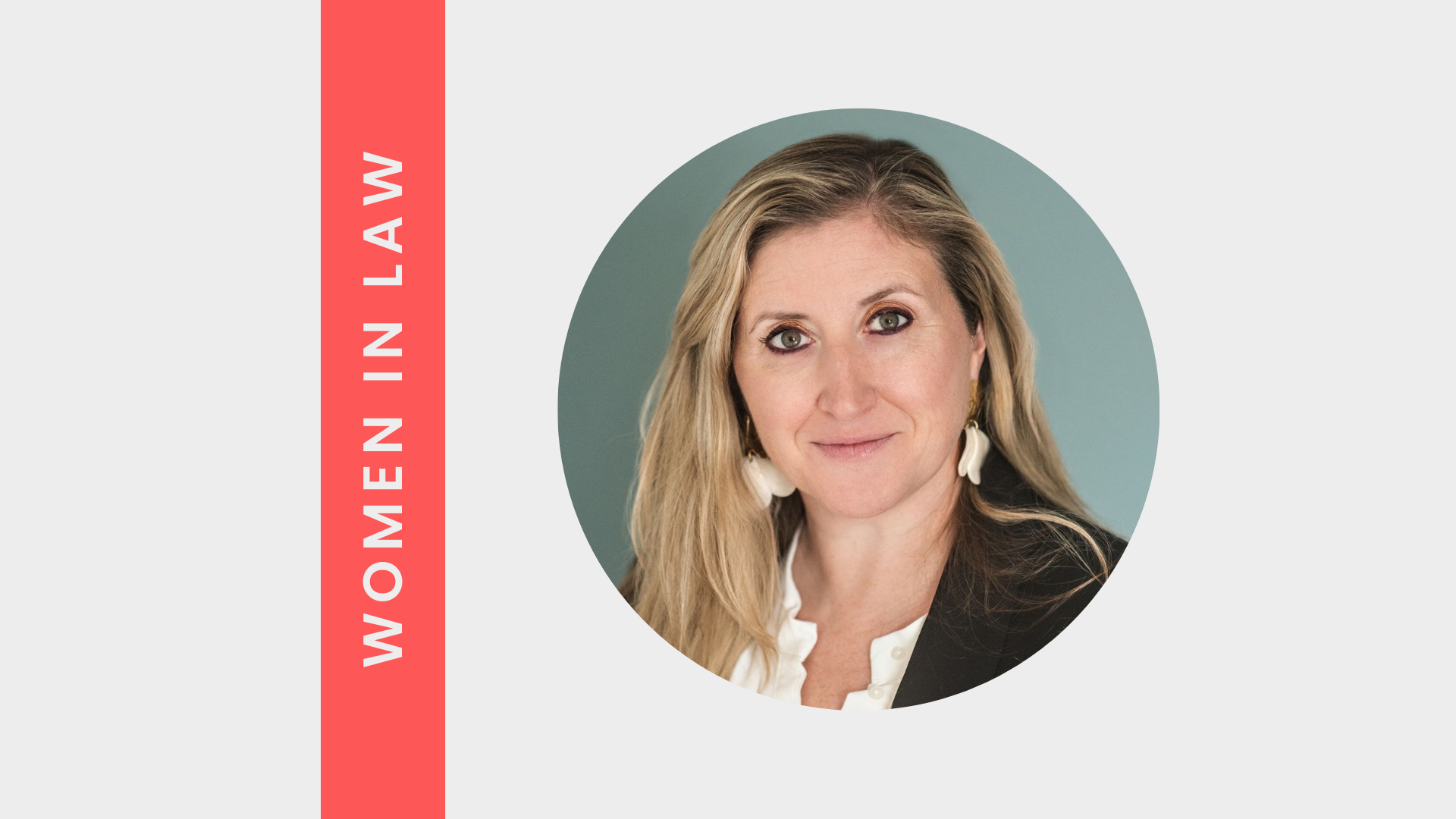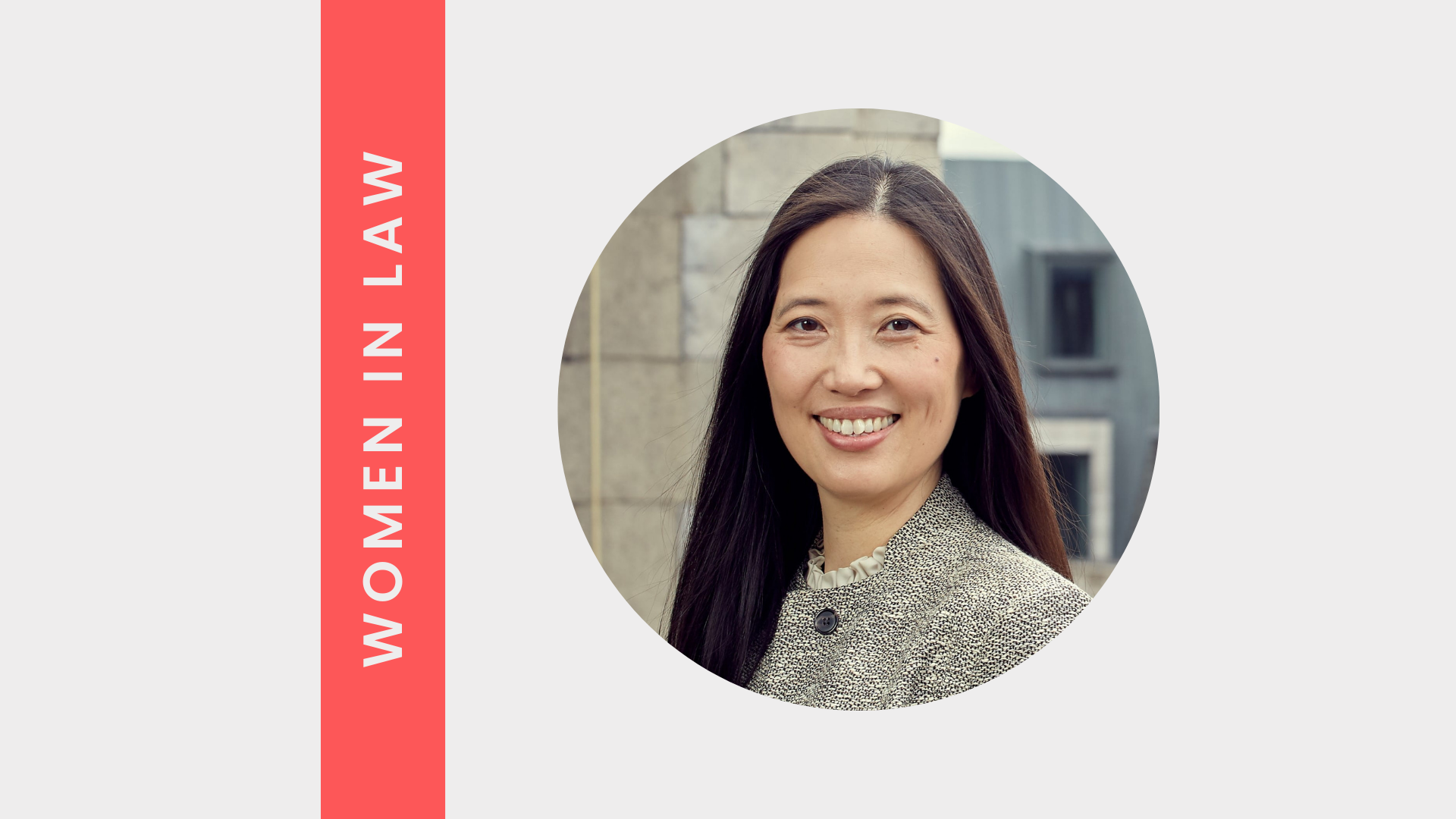Women in Law: Holly Sara
The views and opinions set forth herein are the personal views or opinions of the author; they do not necessarily reflect views or opinions of the law firm with which she is associated.
Holly Sara is a Partner in the Global Disputes Practice at Jones Day, in the Sydney Office.

Jones Day has a history of more than 125 years and a culture of client service and professionalism based on explicit shared values. These values include providing pro bono legal services, building diversity in our profession, and supporting outreach efforts around the world.
Tell us about your career progression to date.
I studied Law and Biotechnology degrees at university and was awarded the University Medal in both. For a time, I thought I might become a transactional IP or patent lawyer but, by chance, happened to rotate through the commercial litigation department during one of my summer clerkships at a large firm. I loved everything about litigation – the variety of clients and matters, the adrenaline rush of being in court, and the difficult issues that needed to be worked through, often under pressure – and never looked back! I’ve been a litigator ever since and with Jones Day from 2013, where I’ve been fortunate enough to work on some of Australia’s most significant and high-profile disputes and regulatory matters.
What do you like best about working at Jones Day?
Jones Day truly embodies its One Firm Worldwide® ethos. I have worked with lawyers, paralegals and support staff in more than 30 of our 42 offices worldwide and in every case my experience has been exactly the same – nothing is ever too much trouble, everybody delivers client service to the same excellent standard, and collaboration across offices is always seamless. In addition, we are privileged to have a workplace where everyone is exceptionally talented and dedicated, and truly collegiate. It’s something that has been acknowledged by our clients many times – including by one leading General Counsel who told us she had never seen a team of external lawyers work as well together as the Jones Day team.
Do you have a mentor/role model in your career? What’s the value in having a mentor or being a mentor?
I have had a number of really important mentors, both male and female, throughout my career, and I still do today. They are invaluable. A good mentor will help you build up your skillset, put you forward for roles or opportunities that you might not otherwise be aware of or considered for, and push you to move outside of your comfort zone. They also have, through years of experience, great wisdom about life’s opportunities and challenges and can offer perspectives which are sometimes difficult to see for yourself.
Do you have any advice for working parents on how to progress and succeed?
I have two young children and I know firsthand that it takes a village to successfully manage a full-time legal career and being a parent. Never be afraid to ask for help or speak to your colleagues about how they are managing things. You may learn some new tips or tricks from people who have been there before you. Try, as best you can and particularly after returning from a period of parental leave, to let go of any self-doubt. Yes, life has changed, but you are still the same person you were before, with the same skills and talents – and, in fact, you’re probably even more efficient than you were before!
How important is it to have other women visible at management level?
In my view, it’s extremely important. Women need to be able to see that an organisation’s commitment to diversity and inclusion is not just given lip service, but that it is reflected in practice. Seeing diversity at management level is inspiring and motivating, and gives people confidence that they too can hold those positions one day, regardless of their gender or background. At Jones Day, women are visible leaders – 15 of 42 offices are led by women; women hold four regional leadership positions, as Partner-in-Charge of Europe and M&A practice leaders for the Americas, Europe, Middle East, and Africa (EMEA), and Asia. Women comprise almost a third of our partnership and lead a third of our Firmwide practice groups. The Firm’s hiring partner, pro bono partner, Partner-in-Charge of Diversity, Inclusion and Advancement, and Global Community Service partner are women. Almost 40 percent of the Firm’s Partnership Committee (which advises the Managing Partner on admissions to the partnership and partnership compensation) are women, and a little over 40% of the Advisory Committee are also women. Women leaders are easy to find here, and I have always been impressed by that fact.
In your experience, what are the benefits of more diverse teams and diverse organisations?
Simply put, in my view, they perform better than less diverse teams and organisations. Diverse teams and organisations have the benefit of people with different backgrounds, talents and relationships, all of which means they can access and take into account different perspectives in undertaking their work. In my experience, they can also better relate to and understand their clients, who will inevitably have a variety of backgrounds among their own teams.
What is the main thing you’ve seen in any organisation that you think works, from a diversity point of view, or that enables women to progress?
The key thing is putting a stated commitment to diversity into practice. That can be big things, like ensuring diversity in management and leadership positions as I mentioned above, and putting in place committees to identify and implement initiatives (such as our Australian Jones Day Diversity, Inclusion & Advancement Committee with members from all four Australian offices), but also in the day-to-day things. One example of the latter is recognising that people might participate in meetings in different ways and making sure that everyone is empowered to participate and lead, for example, by giving people who might be less confident to speak up or interrupt others an opportunity to contribute to a discussion and rotating the role of chair.
What advice do you have for young women looking to make a career in your industry now?
The future looks really bright. More women than ever are joining the legal profession and rising to leadership positions. Both women and men are routinely taking extended periods of parental leave, which means that there is an enhanced understanding of the challenges unique to being a working parent. More organisations are committed to truly enhancing diversity and inclusion. It is a great time for women to enter the profession especially here at Jones Day.
For more Women in Law interviews, please click here.













